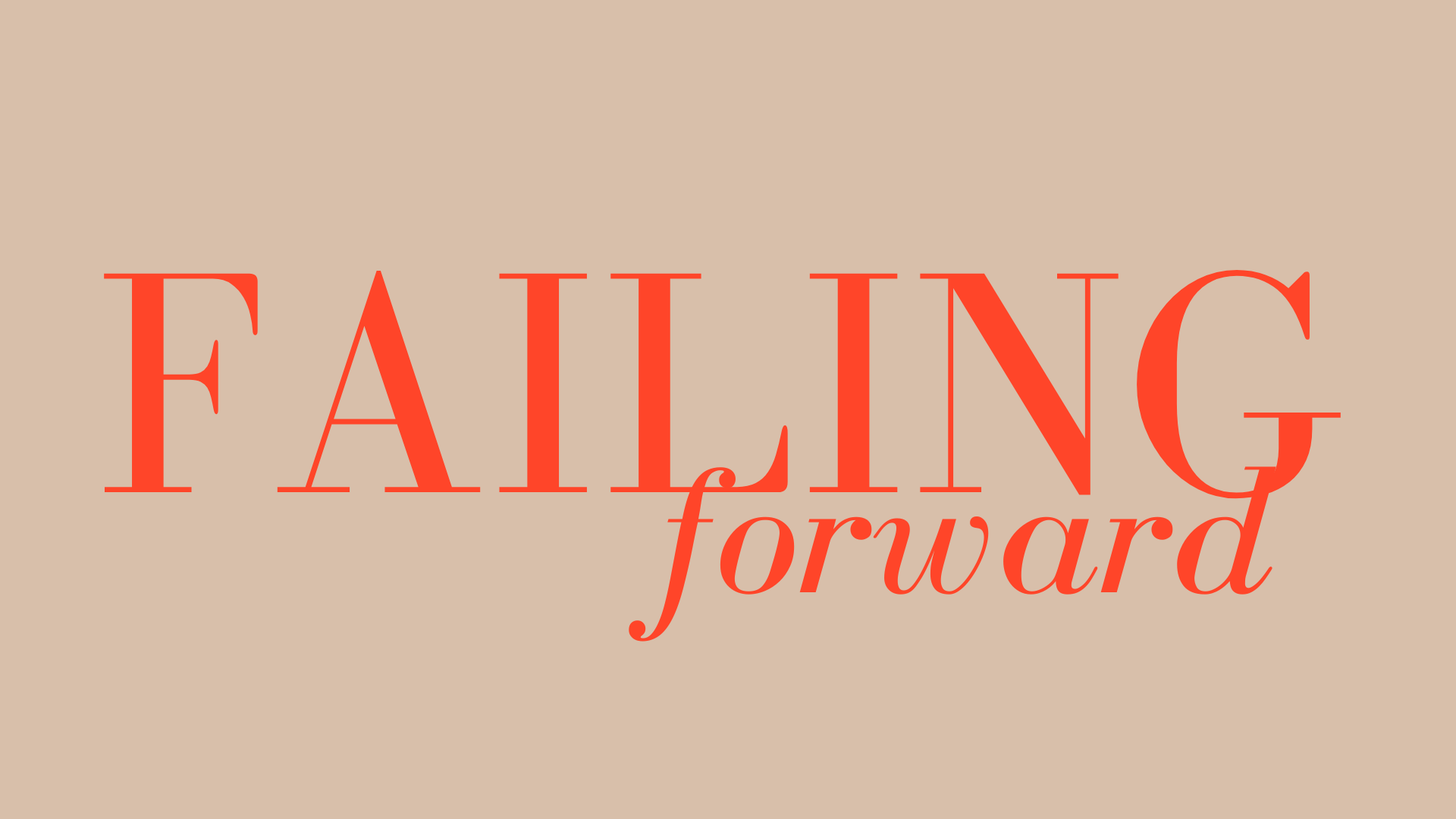8 High-value Career Habits (Part 1): Grow Career Capital and Strengthen Your Personal Brand
Small habits have a big impact on your career. The consistent actions you take today compound for your future career capital success, shaping a personal brand that gets noticed, remembered and rewarded.
Anyone can tick the boxes in their 9–5. What separates the memorable from the forgettable are the small, consistent habits that stack up and compound over time. Think of them as your career edge - the proof that you’re not just doing your job; you’re building a personal brand with impact.
Through my own learnings and clients’ experiences, here are my top eight picks for high-value career habits. The tiny actions that, when compounded, create big returns in the long term.
1. Impact over everyday
A modern resume shouldn’t read like a job description. It should be an achievement-oriented resume unique to you. This means your personal brand can’t simply tick the box in your 9-5 to stand out. Show how you have gone the extra mile and the outcomes you have achieved. Which leads to the importance of Habit #2.
2. Track your outcomes and highlights
To sell your personal brand on your LinkedIn profile, website or resume, you need to remember your achievements to begin with. It’s much easier to track your results in real time than recall them retrospectively. Make a habit of recording your career highlights. Don’t simply track the KPIs of your current role. Document the results most valuable to your career on an ongoing basis.
Keep a simple personal spreadsheet, document or even just a note in your phone of the outcomes or metrics that have mattered most. For example:
The value the campaign you led generated in sales
The sales increase in percentage and dollar value
The funding you led the business to secure
The value of the sales pitch or contract you won
The social media reach of your viral campaign
Think outside of outcomes, too. Make note of numbers in general, e.g:
The budgets you oversaw
The size of your teams
The size of the community you served
The number of people on your mailing list
The value of the projects you managed
At the very least, every 6-12 months, reflect on your highlights and wins and note as many numbers as you can. Numbers pop on a page for your website, LinkedIn profile or resume. It gives the eyes something to land on. Have them ready to roll when you need them.
3. Ask for a promotion or raise
Research shows men are more likely to negotiate pay rises than women. You’re 100% guaranteed to fail at everything you don’t try. So, instead of staying quiet about wanting a pay rise, make your goals known. The least your employer can do is say no, but you have to be in it to win it.
From my experience with leading teams, while a pay rise might not happen straight away, making your intention explicit sets it in motion. By asking, at the very least, you gain immediate feedback from your employer - if it’s not an immediate yes, you’ll learn more about the business’s position or what is required from you to achieve it. Which leads to Habit #4.
4. Set a private professional development plan
By now, most good workplaces will have formal processes in place to support you in creating your professional development plan. Instead of solely relying on or reacting to your employer's professional development plan, be proactive in your personal development. Make a private plan to excel in your career impact.
This might include the things you don’t want to explicitly disclose to your boss. It could even include the personal habits that set you up for professional success. Such as the quiet commitment to make sure you leave work at a reasonable time to make it to the gym every day, or your goal of healthier lunches to fuel your brain power - things your workplace is probably less enthused about adding to your formal plan.
5. Leverage your workplace benefits
Depending on your industry, role and employer, your work likely comes with perks. It’s the shiny benefits like staff discounts or bonuses that we’re usually most excited about. But pay attention to optimising the seemingly more boring benefits - they could be high-value in the long term. For example, working for a not-for-profit organisation might mean you're eligible for Fringe Benefit Taxes or salary sacrificing relating to your Super, car or mortgage. Maybe your workplace has a shares program, or matches your Super contributions.
Your workplace might also offer study benefits. This could range from you personally negotiating for your employer to support your study fees to winning a workplace grant. It may be as simple as taking up the study days available to anyone. When I was studying for my Professional Diploma in Marketing with the Chartered Institute of Marketing, I was thrilled to have time to study for my exams through my employer's study benefits. It’s worth noting that many workplaces will require you to stay with the organisation for a certain period of time related to your study; otherwise, you might owe money back. But, with education costing a small fortune for many, if you’re interested in studying, it’s certainly worth leveraging any benefits available to you.
6. Apply anyway
A well-known Hewlett-Packard study found that men apply for jobs if they meet 60% of the listed qualifications. Women apply if they meet 100%. Whether you’re an under-confident woman or male, always apply anyway. You have nothing to lose. If you get an interview, the details of the role will be discussed further. A job description is often a wish list. Some details have less weight than others, or might be negotiable for the right candidate.
An apply anyway mindset should be adopted for more than just your dream jobs. It might be that scholarship or grant you saw available, but never thought you could get. I can say from experience, it’s always worth applying. I was fortunate enough to be awarded a scholarship to support some of my MBA. Instead of immediately assuming I’d never win, I had the mindset that I had to be in it to win it. A few hours of work saved me thousands of dollars.
7. Network online and offline
As the saying goes, “Your network is your net worth”. Put yourself out there to attend industry events that push your comfort zone. Outside of your 9-5, join committees or boards for organisations you're passionate about. Showing your industry leadership outside of your current job will only further showcase your leadership potential to your employer.
If you don’t love networking in person, at the very least, stay connected to your contacts on LinkedIn.
8. Build your personal brand
Don’t wait until you’re actively looking for your next job or once you’ve become an executive to build your personal brand. Start now. Your personal brand is what gets you the job to begin with. It’s what increases your value. Build your personal brand consistently online. Show your excitement for and interest in your industry and profession. Contribute your insights and point of view in posts or articles on LinkedIn, start a YouTube channel, podcast or blog. Make creating content as a professional a consistent career habit. By doing so, you build your portfolio of proof, and it will pay off in the long term.
The compounding power of career habits
Your career is more than a collection of your job titles. It’s the outcome of the habits you practise and the personal brand you build along the way. By tracking your wins, asking for what you’re worth, investing in your growth and putting yourself out there, you’re not just moving forward in your role - you’re creating momentum for your entire career. You’re making the type of impact that stands out for a promotion, resume, LinkedIn profile or for clients. Habits compound. The ones you choose today shape the brand others see tomorrow. Build them deliberately.




